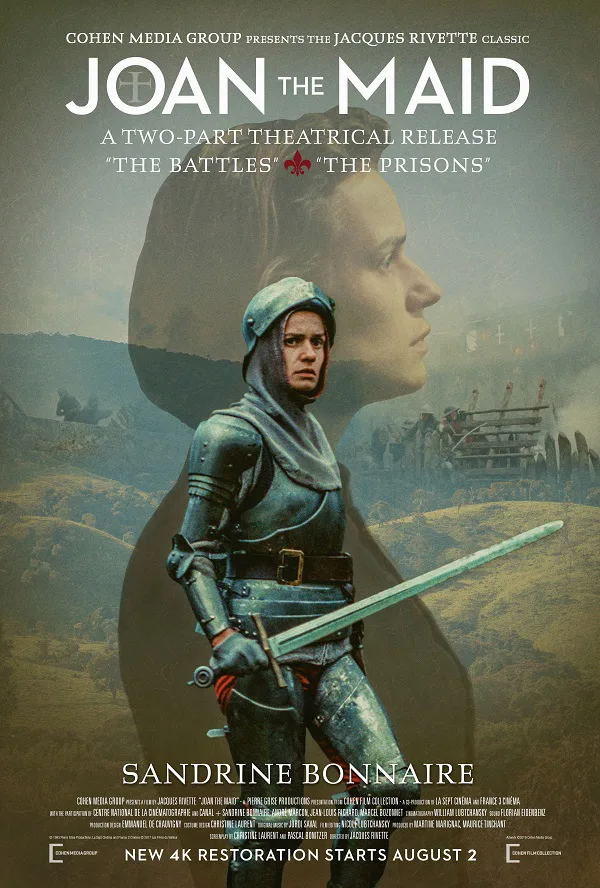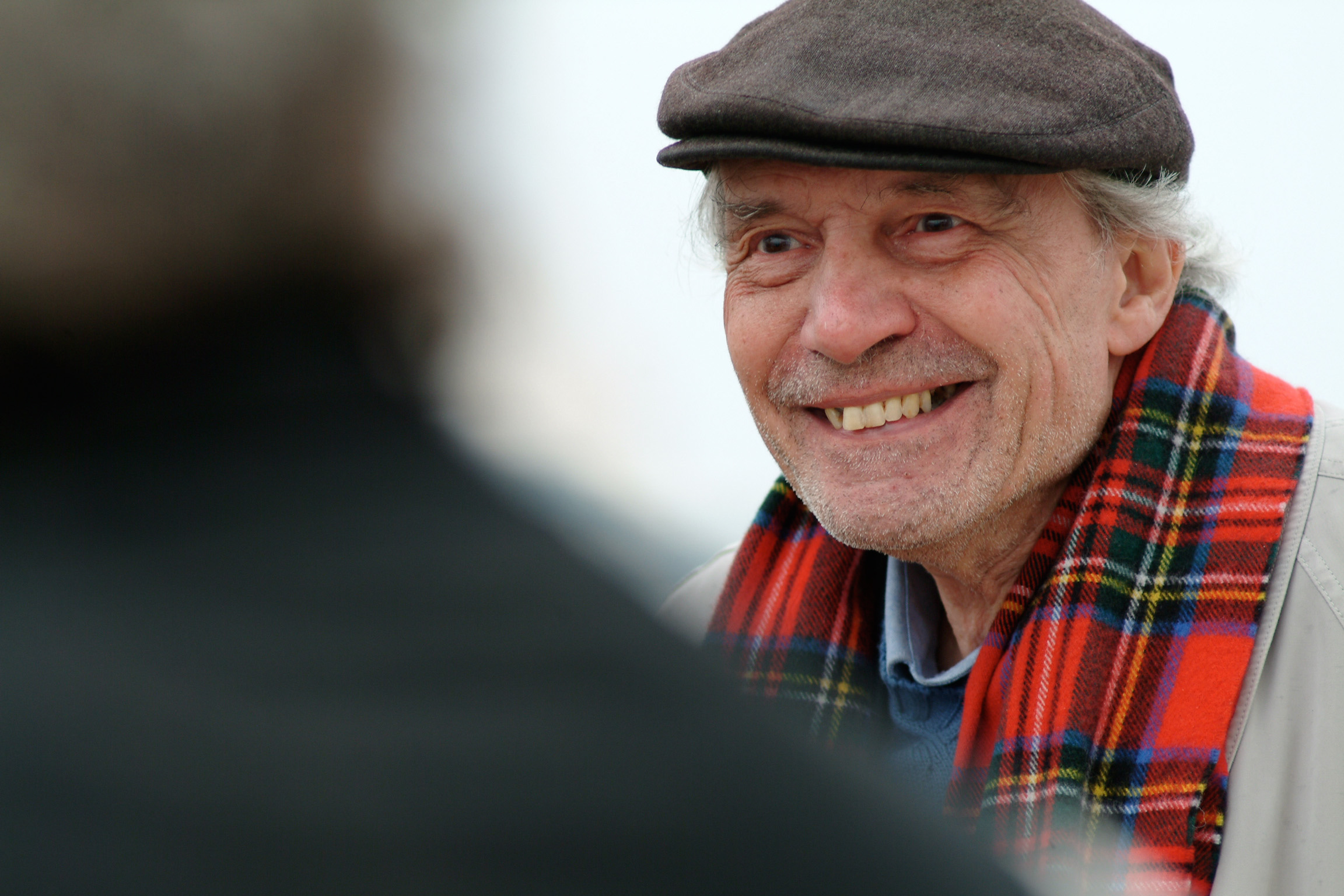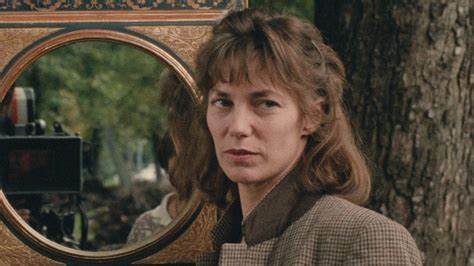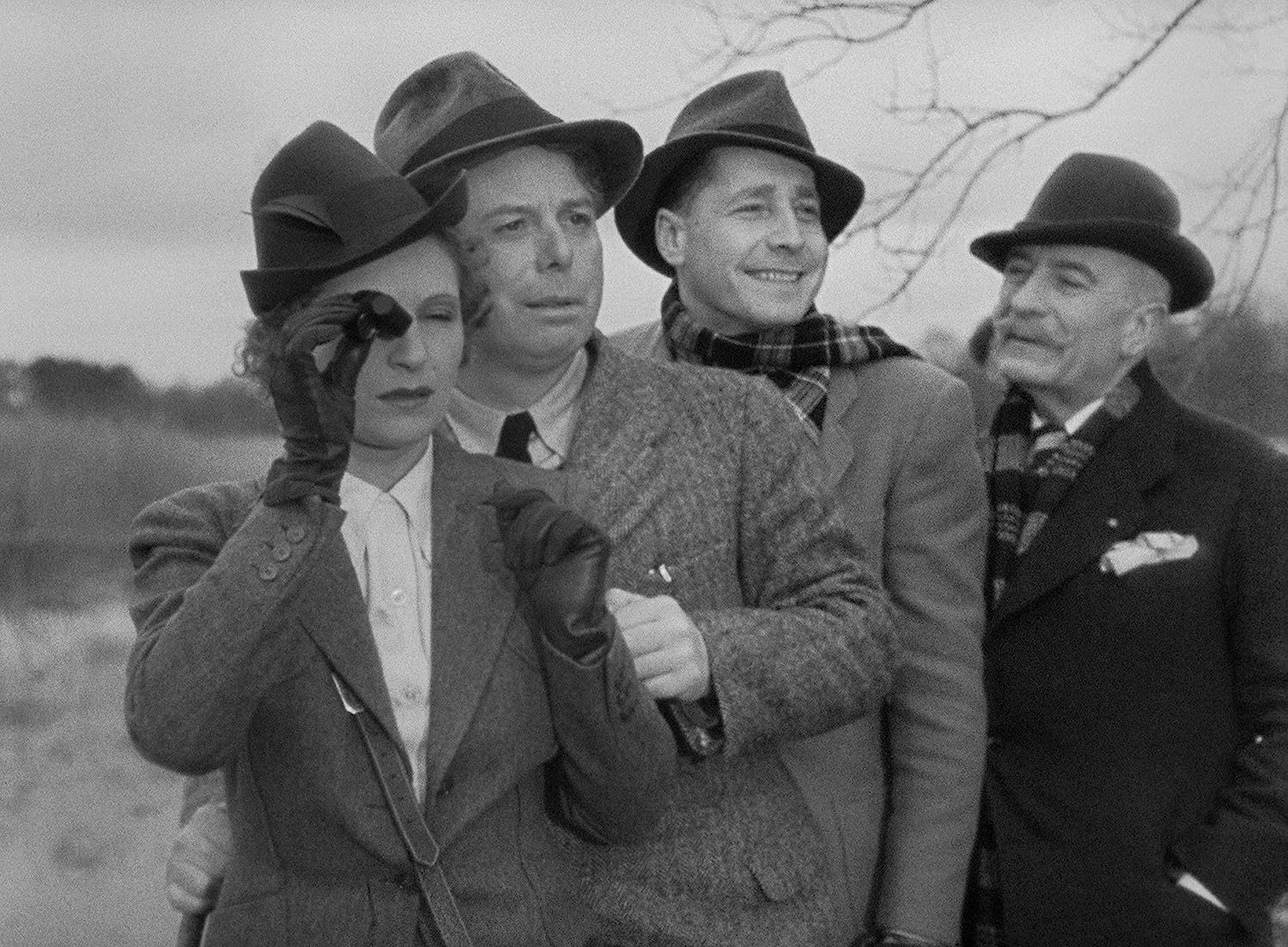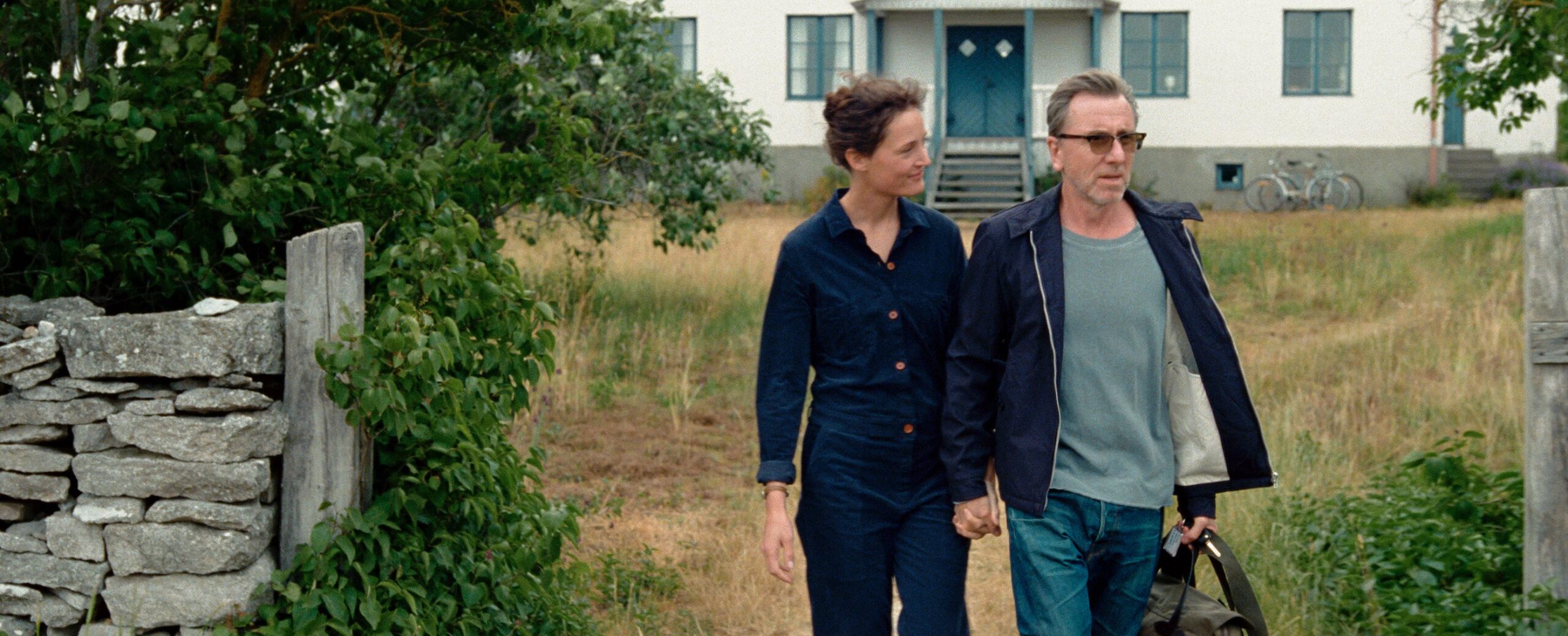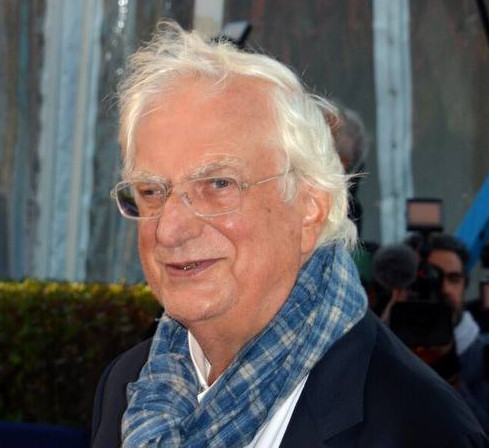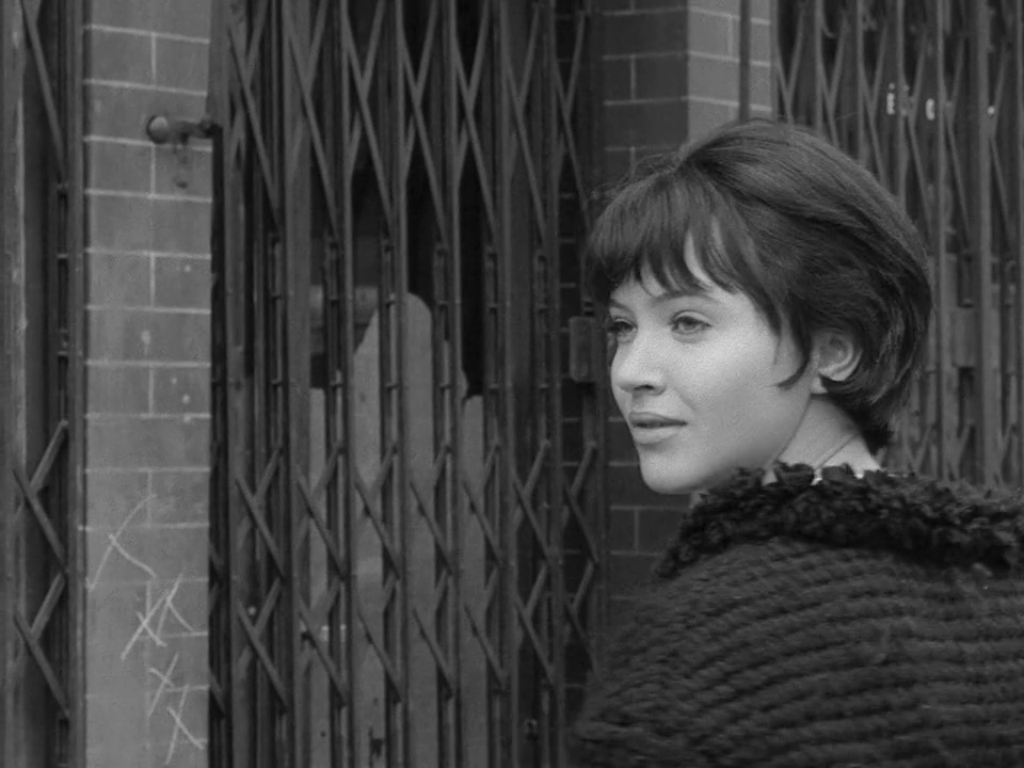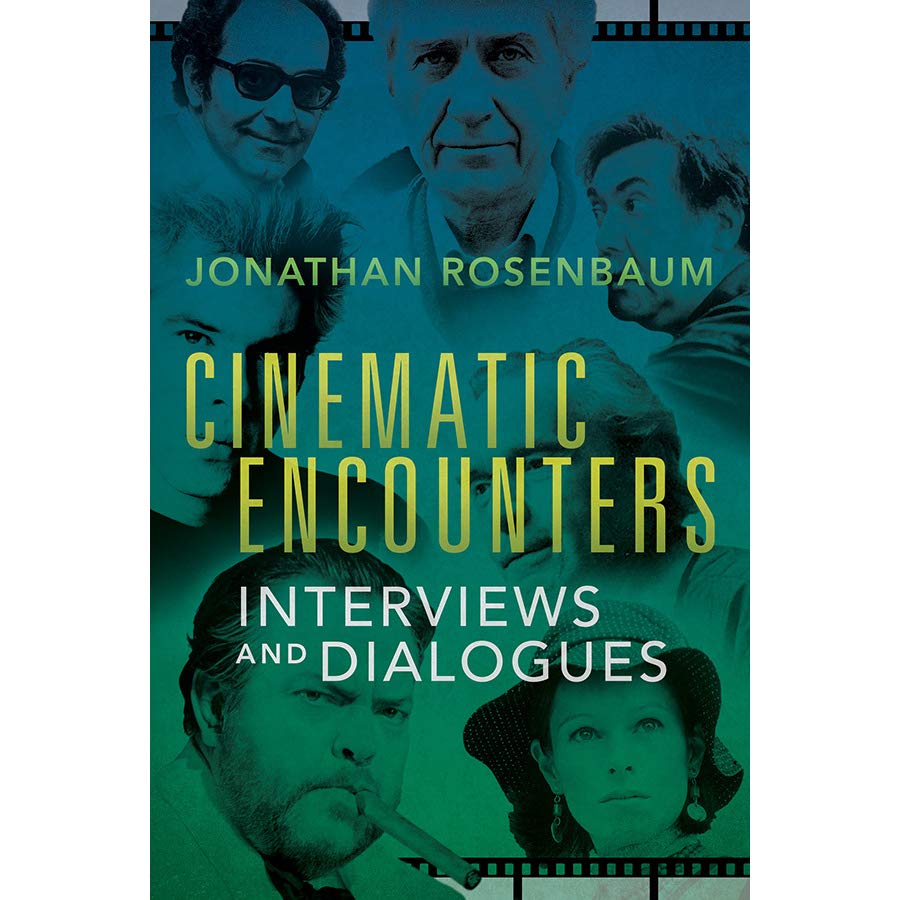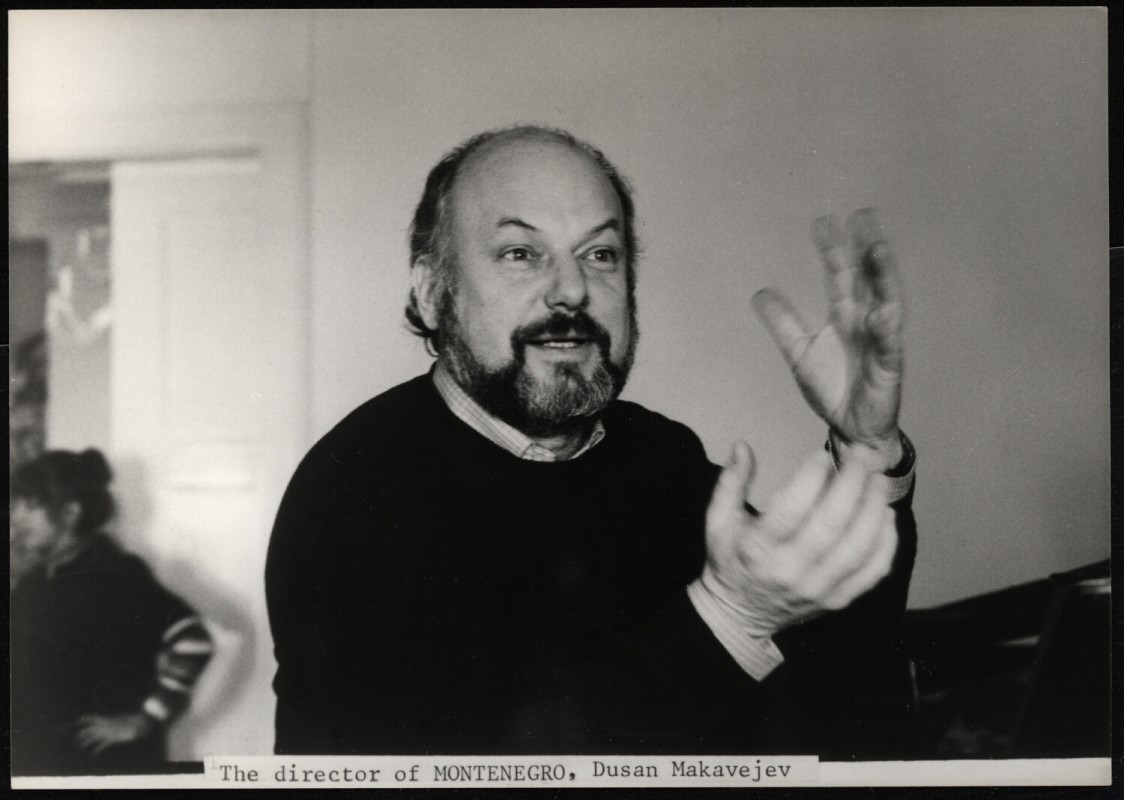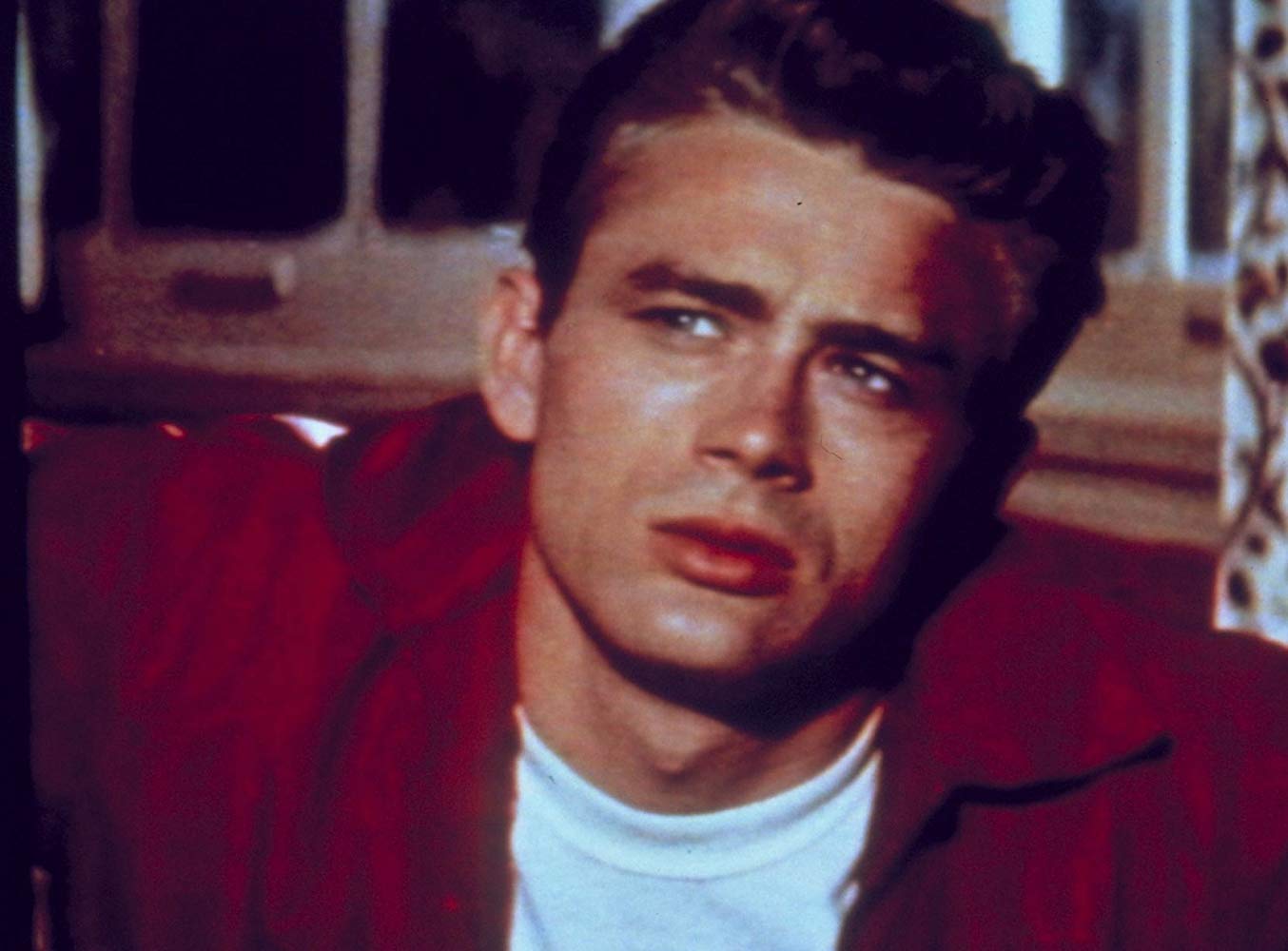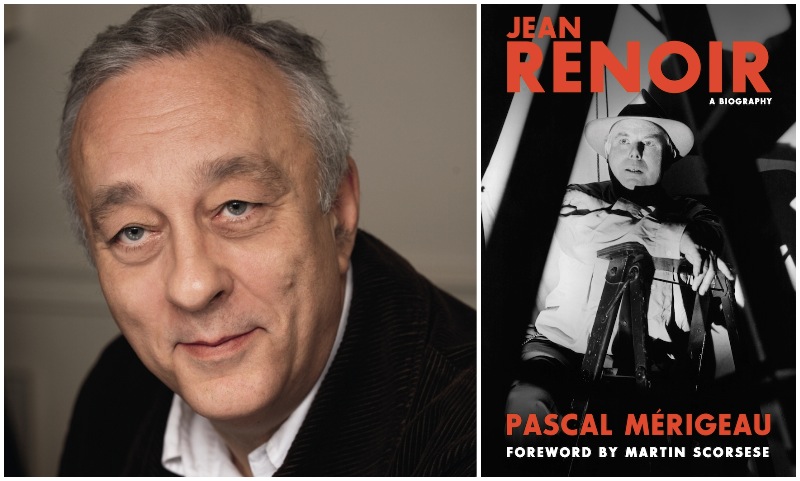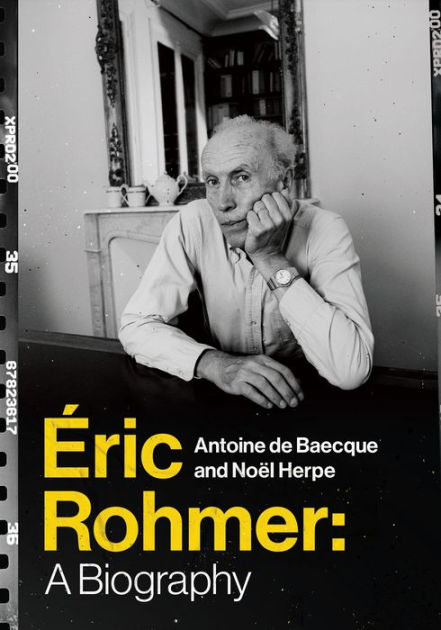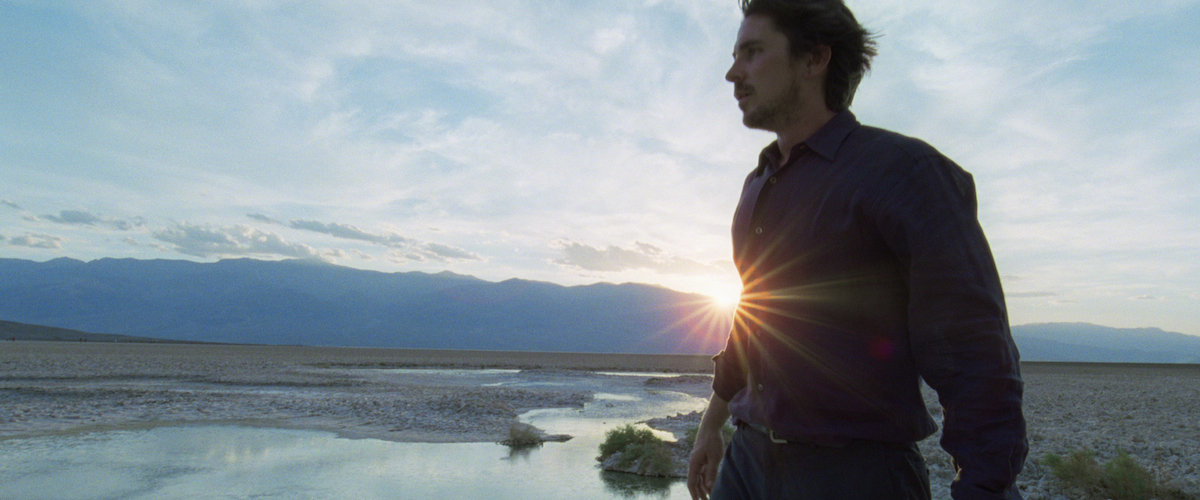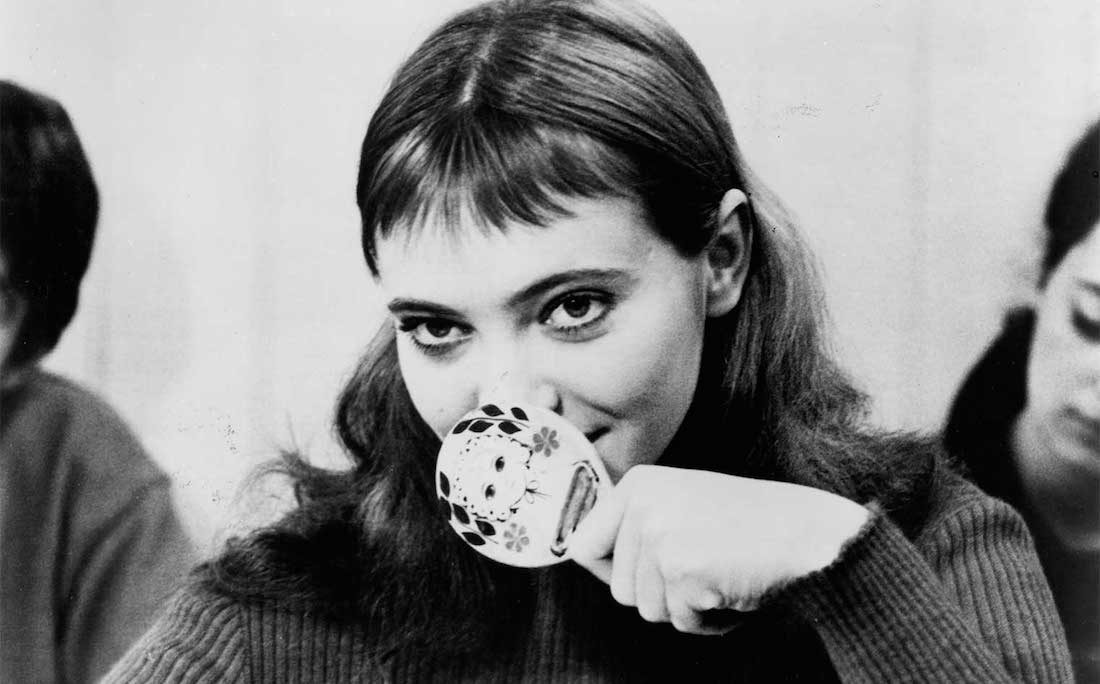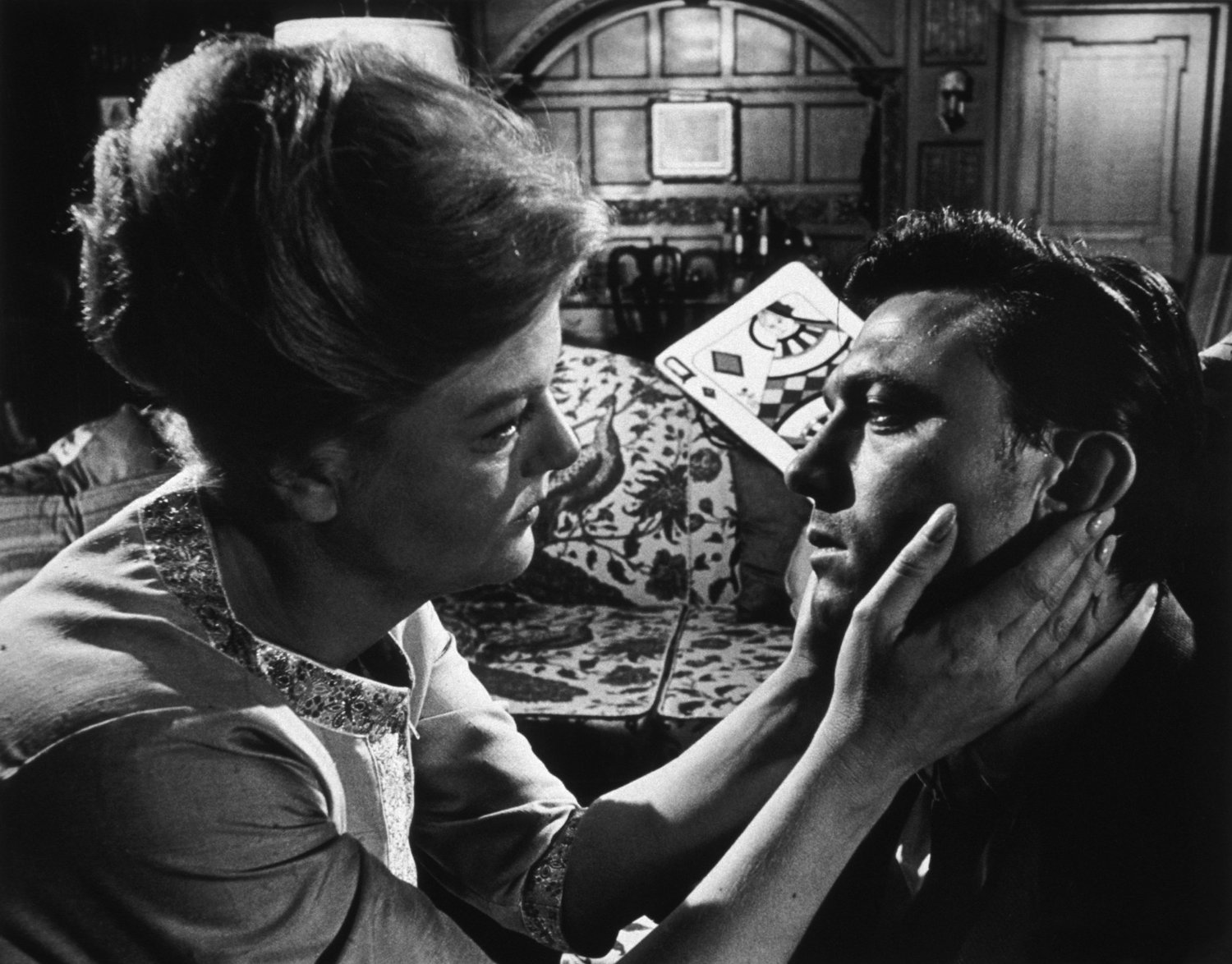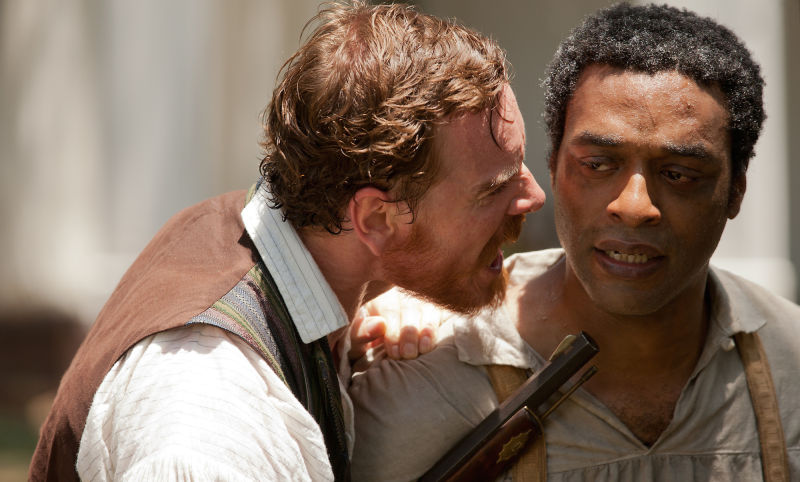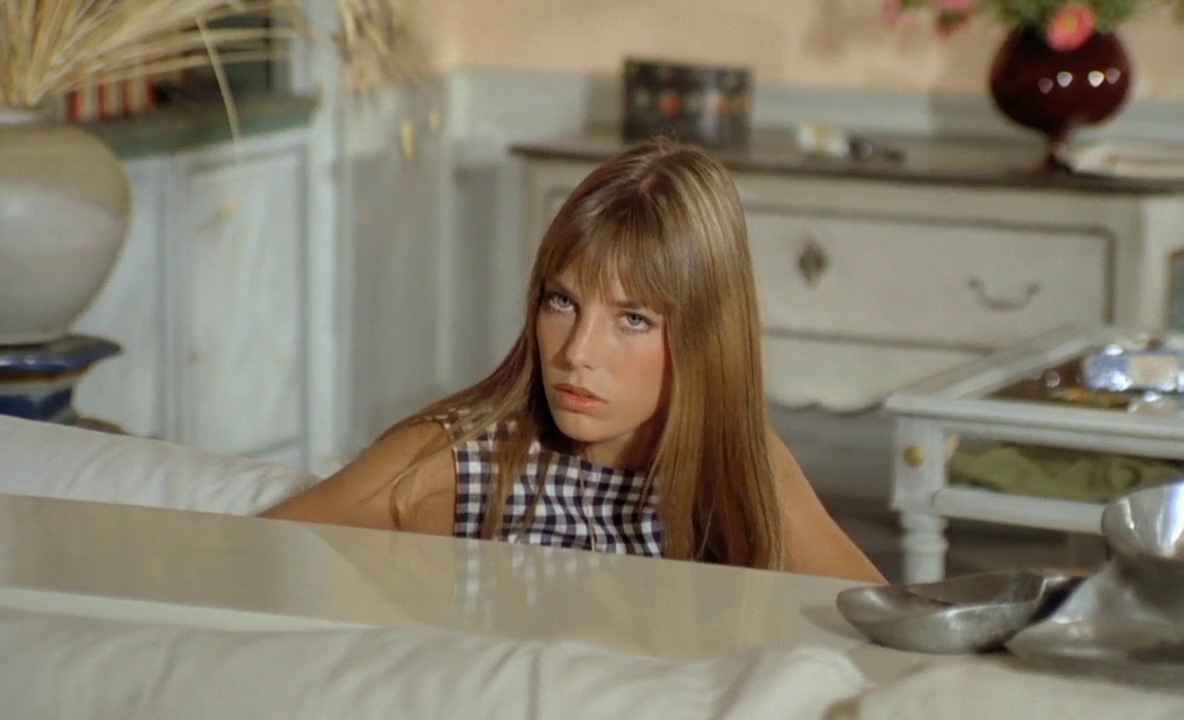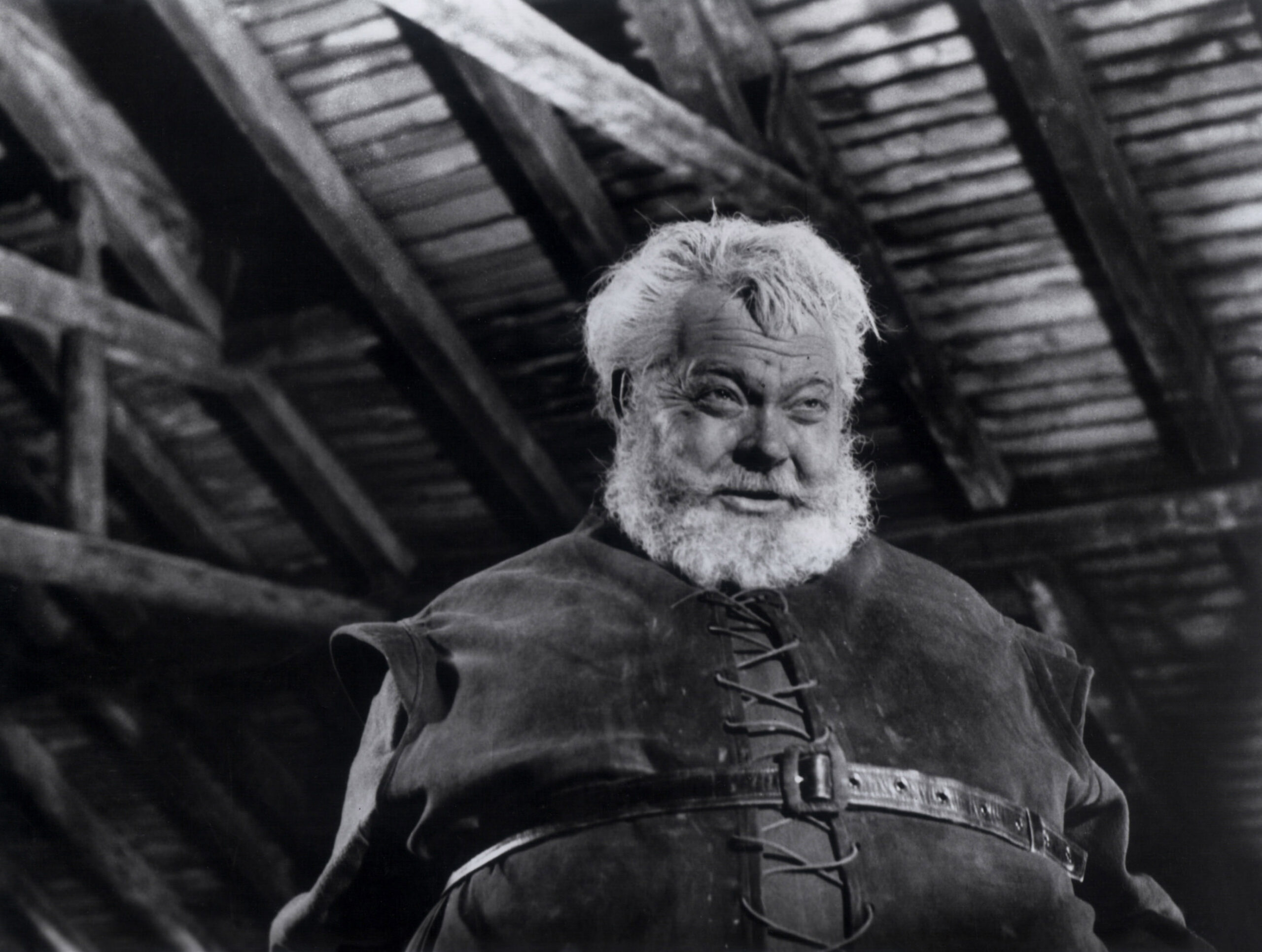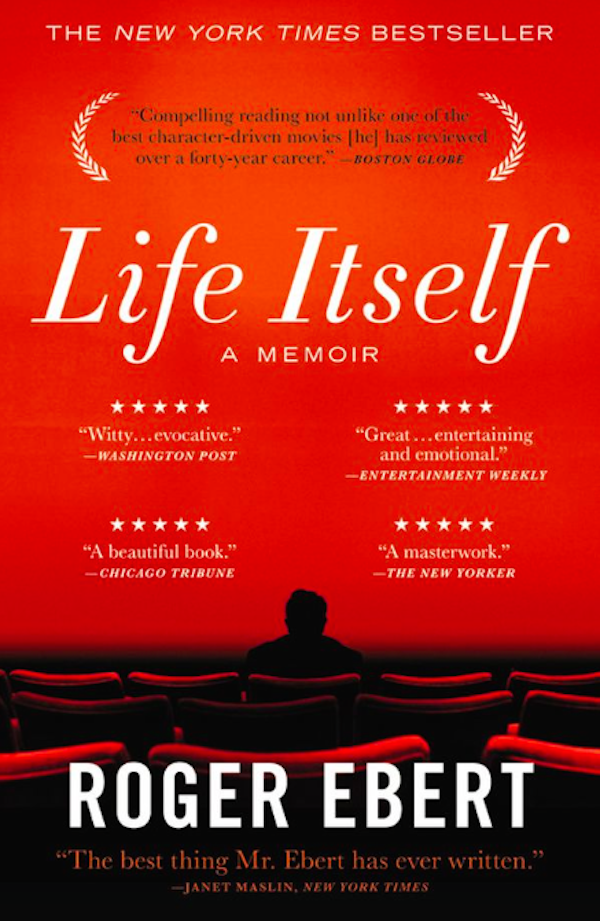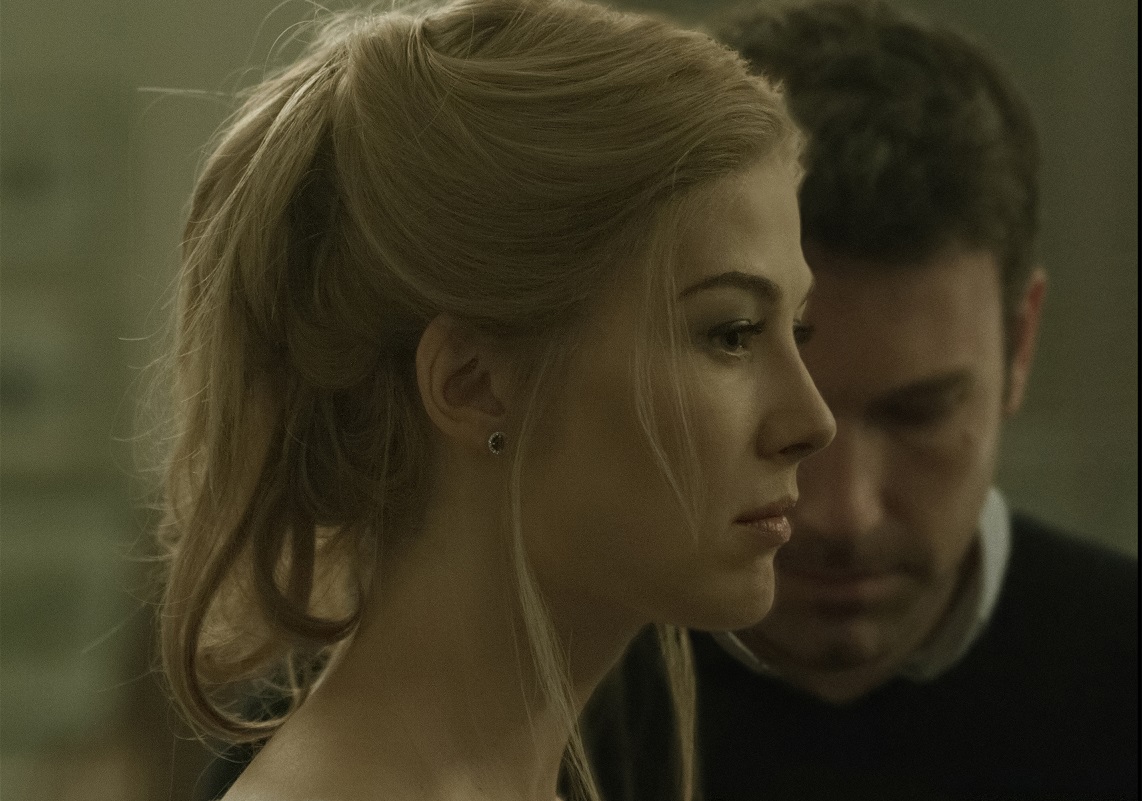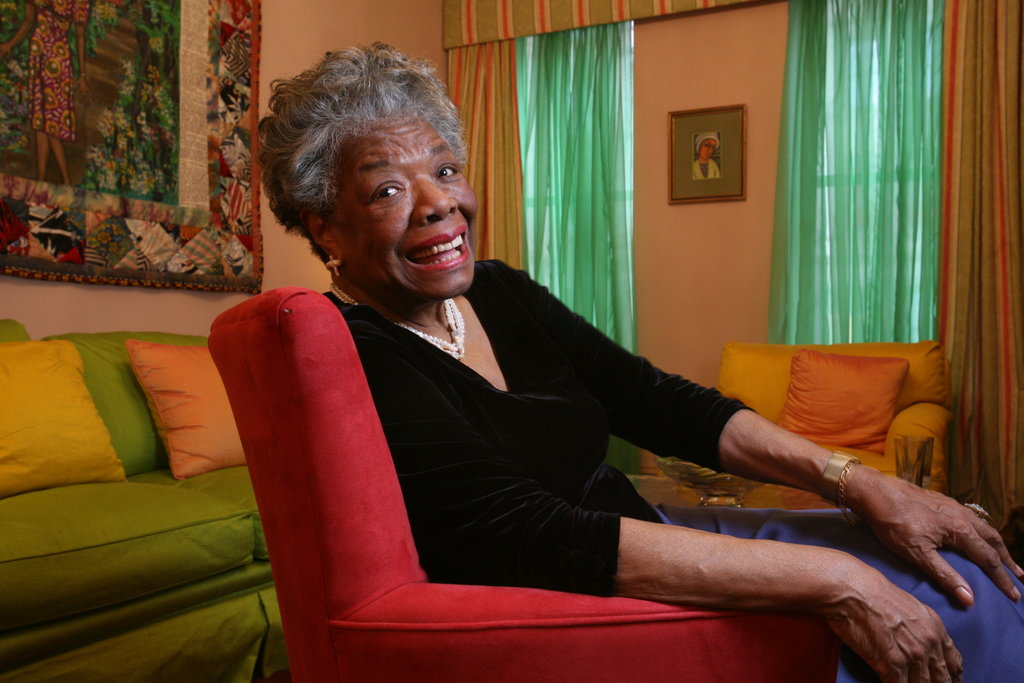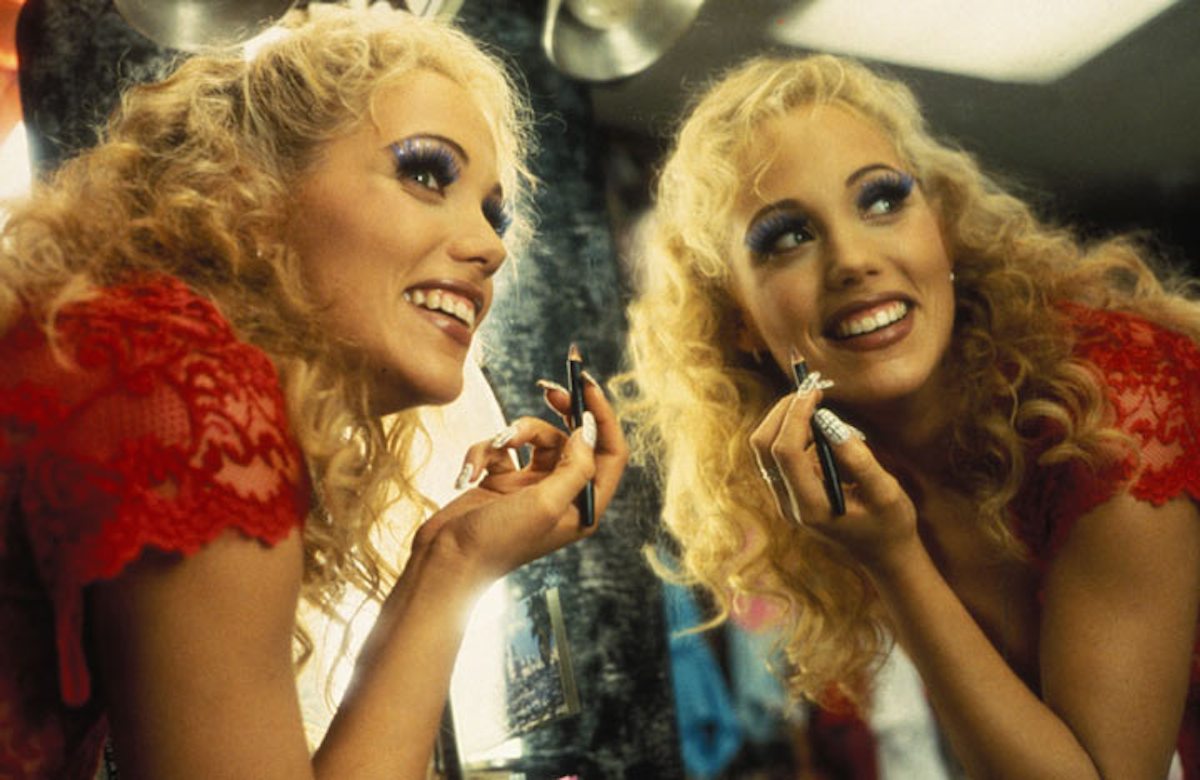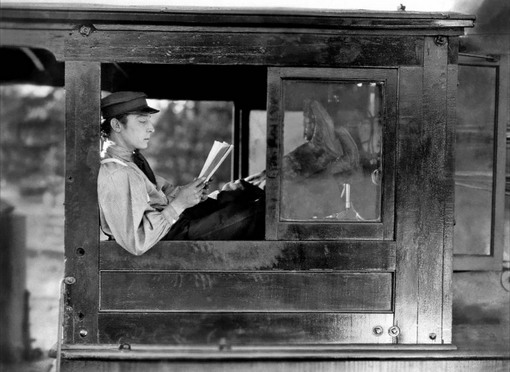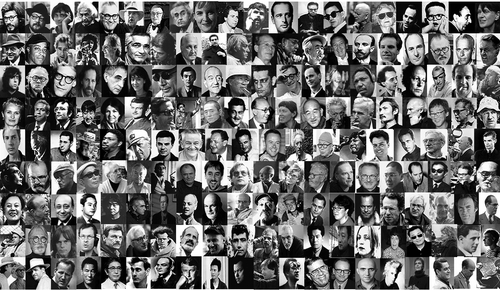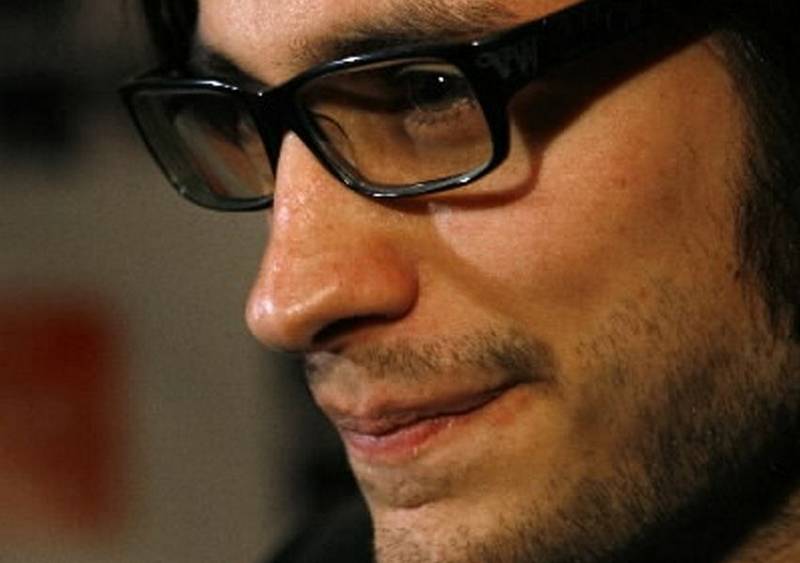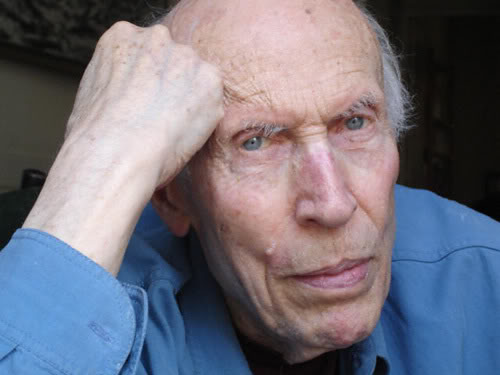Jacques Rivette Movie Reviews
Blog Posts That Mention Jacques Rivette
Jacques Rivette: 1928-2016
Patrick Z. McGavin
The “Best” Non-English-Language Films (Round 1)
Jim Emerson
Edward Yang, 1947 – 2007
Jim Emerson
Lisa Nesselson from Paris: On the man who made you think you spoke French
Lisa Nesselson
Faith in Life: Jane Birkin (1946-2023)
Marya E. Gates
Home Entertainment Guide: June 2023
Brian Tallerico
Cannes 2021: Bergman Island, Drive My Car, The Innocents
Ben Kenigsberg
Thumbnails Special Edition: Bertrand Tavernier
The Editors
Home Entertainment Guide: March 2021
Brian Tallerico
Anna Karina: 1940-2019
Peter Sobczynski
Jonathan Rosenbaum on His New Book Collection, Cinematic Encounters
Patrick Z. McGavin
Director on a tightrope: Dušan Makavejev, 1932-2019
Scout Tafoya
RIP Cinema: On James Dean’s Disappearance and French New Wave Legacy
Q.V. Hough
A Supreme Artist: Pascal Mérigeau on “Jean Renoir: A Biography”
Patrick Z. McGavin
Book Review: “Éric Rohmer: A Biography”
Glenn Kenny
A Slice of Life: Abbas Kiarostami 1940-2016
Patrick Z. McGavin
Home Entertainment Consumer Guide: June 23, 2016
Brian Tallerico
A Woman is a Woman: A Chat with Anna Karina
Peter Sobczynski
Home Entertainment Consumer Guide: March 17, 2016
Brian Tallerico
Thumbnails 2/2/16
Matt Fagerholm
Jane Birkin and Charlotte Gainsbourg: Like Mother, Like Daughter
Peter Sobczynski
The Ragged Charm and Undeniable Greatness of “Chimes At Midnight”
Glenn Kenny
Holiday Gift Guide 2014: Must-Read Books
The Editors
NYFF 2014: Opening Weekend Films “La Sapienza” and “Gone Girl” Display Artistic Depth of Fest
Godfrey Cheshire
Thumbnails 5/29/2014
Matt Fagerholm
Book Excerpt: It Doesn’t Suck: Showgirls
The Editors
“The ultimate liberation”: “Shoah” on Blu-ray reminds us of why it is essential cinema
Patrick Z. McGavin
The year’s best foreign films (I hope they play in your state)
Roger Ebert
The Best 10 Movies of 1991
Roger Ebert
The thrill of breaking the 120-minute barrier
Roger Ebert
Avatar, the French New Wave and themorality of deep-focus (in 3-D)
Jim Emerson
Cinema isn’t dead, it’s just different
Jim Emerson
Greatest Films of All Time: Where’s the funny?
Jim Emerson
Name That Director!
Jim Emerson
The best art films of 2010
Roger Ebert
So many films, so little time
Roger Ebert
French greats in top form
Roger Ebert
Giants return to Cannes
Roger Ebert
Cannes 2001: Awards full of surprises
Roger Ebert
Star Power and Small Gems Get Equal Time at Festival
Roger Ebert
Emmanuelle Beart in Cannes
Roger Ebert
Eric Rohmer: In Memory
Roger Ebert
Tavernier looks beyond usual suspects
Roger Ebert
Popular Reviews

The best movie reviews, in your inbox
